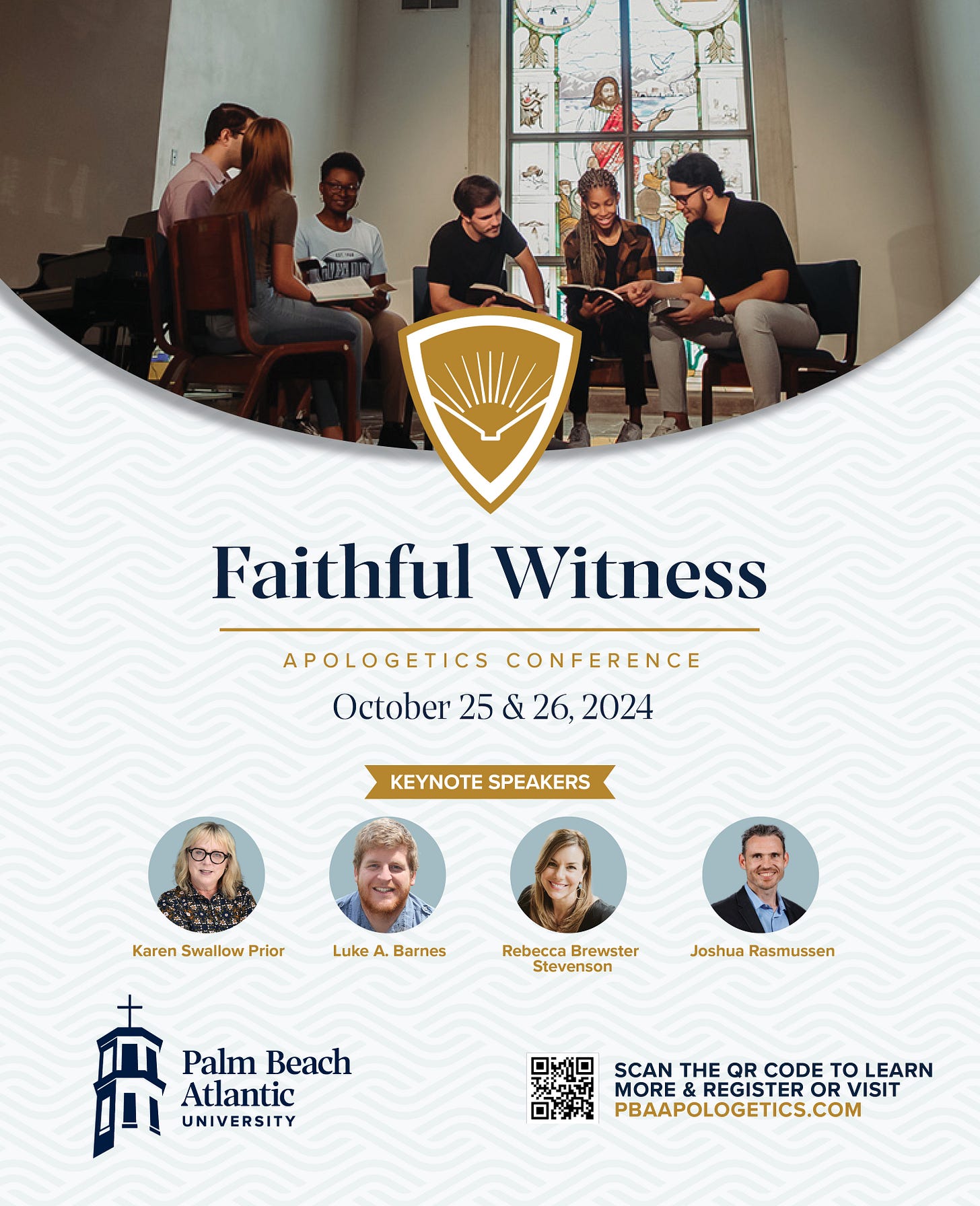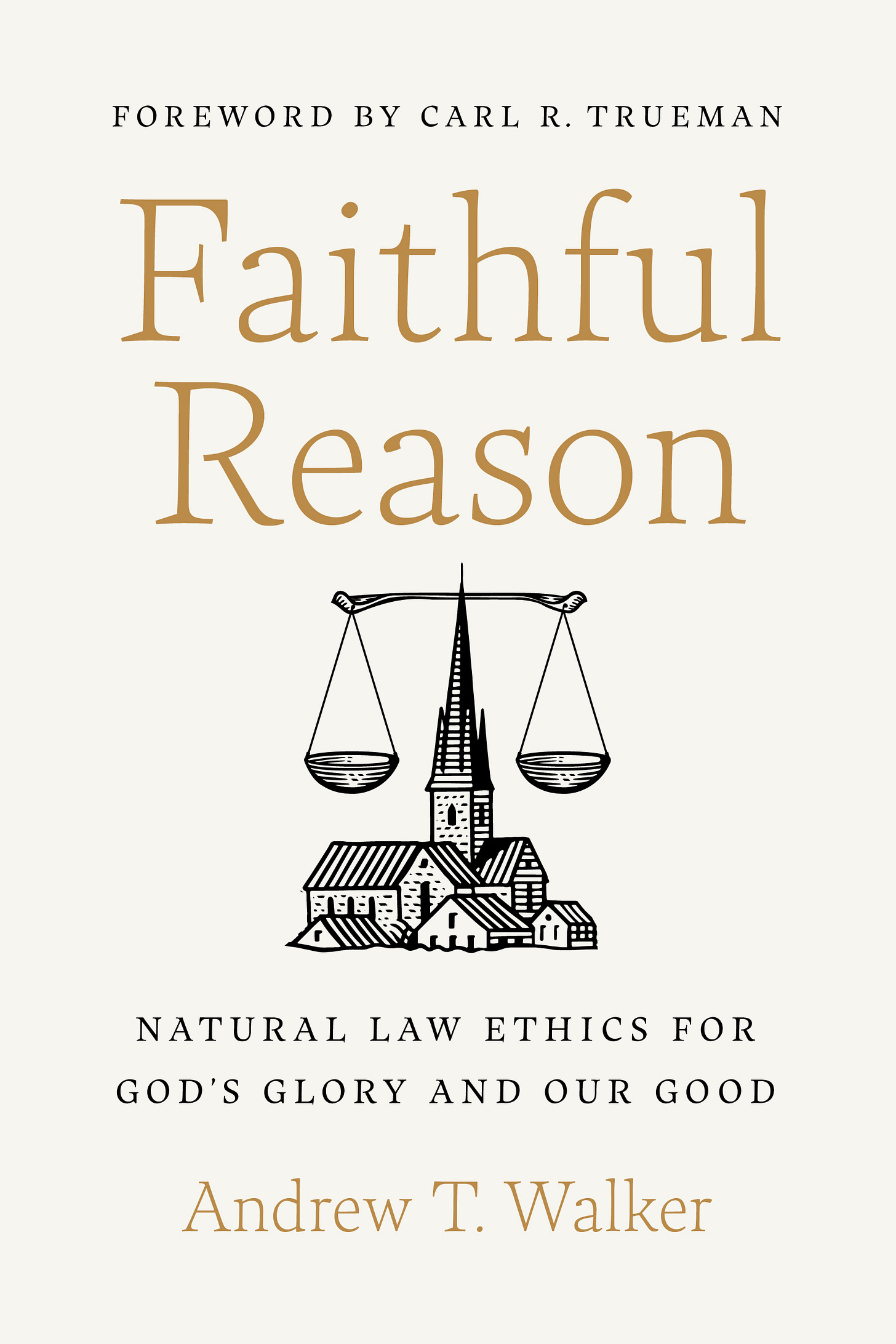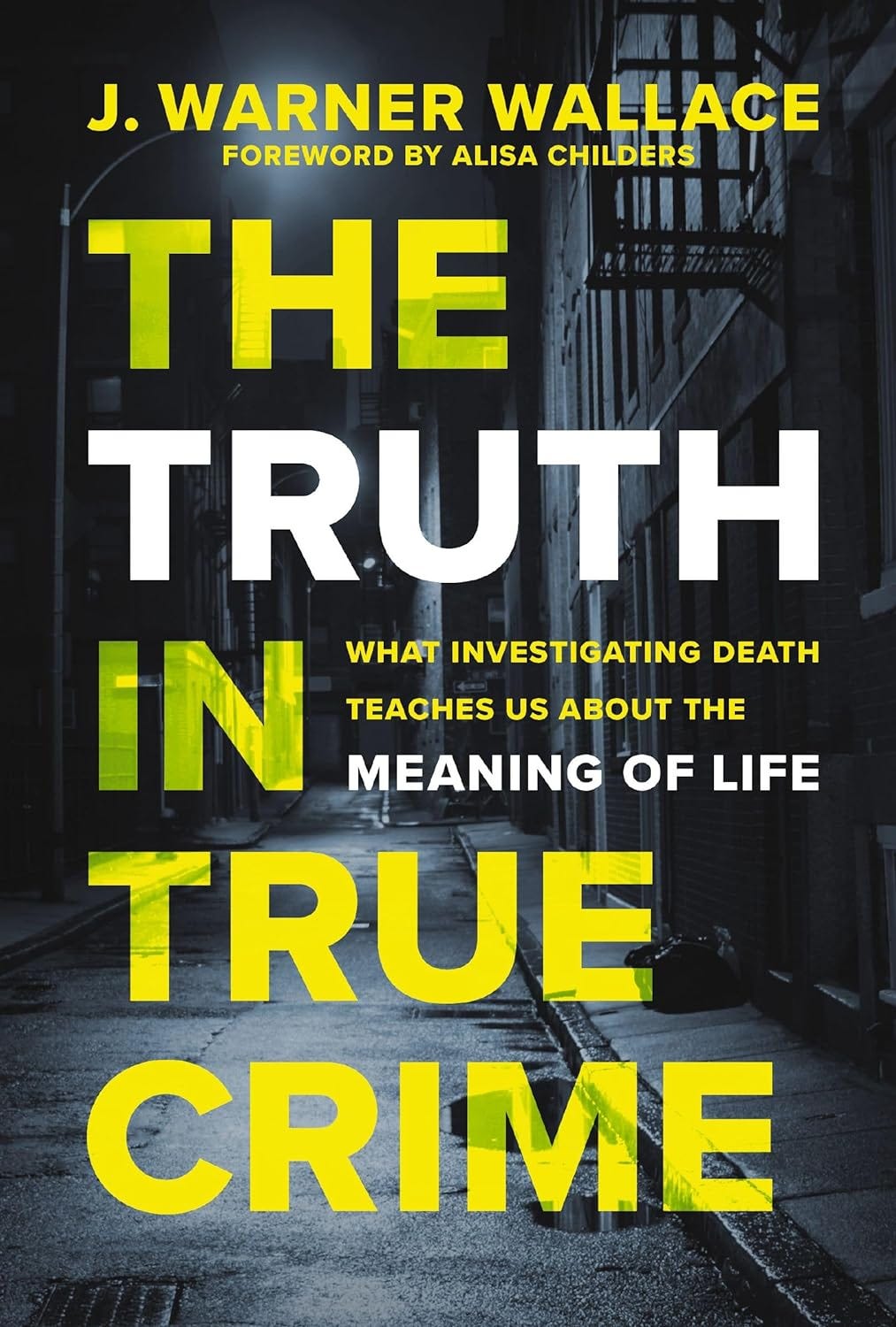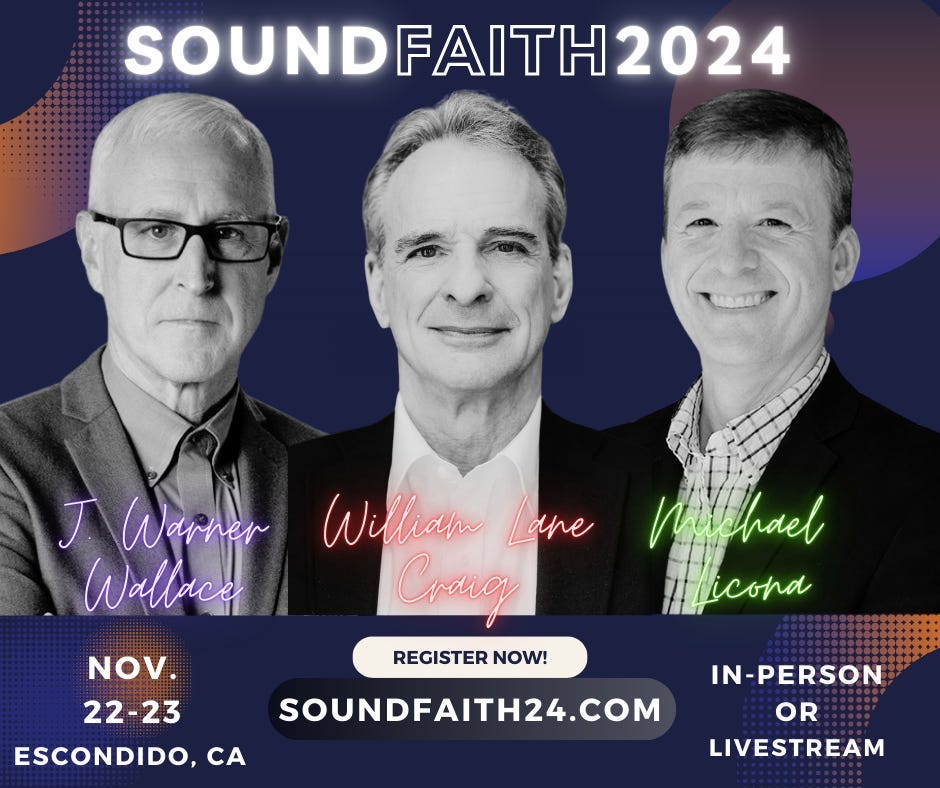Last summer, the school of ministry faculty at Palm Beach Atlantic University read Gary Moon’s Becoming Dallas Willard.[1] I love being a part of a school of ministry that cares about the whole person and that seeks exemplars to follow. I also love teaching at a school that values spiritual formation. Our students, and our faculty, want to know Christ. We long to be like Christ. I’m also blessed to teach alongside many fine faculty. This includes Dr. Brandon Rickabaugh, who was mentored by Dallas Willard. In many ways, Dr. Rickabaugh is carrying on the life project of his mentor. But what was that life project? In this essay, I’d like to share Willard’s four driving concerns and reflect a bit on each as we think about faithfulness to Christ today.
Eight months before his death, as told by Moon, Dallas met with his former student (and one of my own professors and mentors), Dr. J. P. Moreland. In many ways, Dallas was a father to J. P. Moreland. At that meeting, Dallas outlined four key areas of concern that shaped his life work, encouraging Moreland—and others—to continue to work in these four areas. As summarized by Moreland, those four areas of concern are the articulation and defense of metaphysical realism, epistemic realism, a robust view of the human person, and the possibility and reality of spiritual formation unto Christ.[2] Let’s consider each briefly.
Metaphysical realism is the view that there is a mind-independent reality. For Willard, and for Christians, this metaphysical realism will be thick or robust, including non-physical or spiritual reality. In other words, in addition to the physical universe, God, souls, angels, heaven, and hell exist. This is an important philosophical thesis. It’s bedrock. Belief in metaphysical realism—the existence of a mind-independent world—entails human contingency, dependency, and finitude. We are not masters and creators of our souls or our lives. Rather, we exist dependent on some greater reality. And Willard is right to care about and defend metaphysical realism (or robust metaphysical realism). Consider the recent poll noting how belief in five spiritual realities (God, angels, heaven, hell, the devil) has steadily decreased over the last twenty years. This isn’t a denial, necessarily, of metaphysical realism, but it is a kind of emptying of the world. We live in a disenchanted world, emptied of the divine. Emptied of the transcendent. While this might be the air we breathe today (or at least we are told this by the intelligentsia), it wasn’t always so. Willard didn’t think so. It might be more difficult to believe in spiritual realities today (as Charles Taylor reminds us), but believe we must, if we are to be biblical. Willard championed metaphysical realism in his book The Divine Conspiracy.[3]
Epistemic realism is closely related to metaphysical realism. The basic idea has to do with accessibility. And also uniqueness. Let’s start with accessibility. It’s not enough to know that a mind-independent world exists. We want to know something about this mind-independent world. We want to access this world. Moreover, there is a unique, singular mind-independent world that we can know. We discover this world through philosophy, science, theology, and more. We can know reality, and know it directly. Willard’s version of epistemic realism held that “the intentionality of the mind places it in direct contact with its various objects of attention. Nothing stands between the knowing subject and its item of knowledge in cases of direct awareness.”[4] We can know the “thing” itself. Even more, we can know the essence of the thing itself. Importantly, for Willard, we can know spiritual realities. We can be directly related to God and the sacred order. This glorious truth lies behind Willard’s discussion of the historic spiritual practices in his books The Spirit of the Disciplines and Hearing God.[5]
The next two areas of concern are interrelated. In order to become like Christ and to take on the faith of Christ, we need to first understand the nature of the human person. Importantly, what is the structure of the soul and how is it that we are formed (into Christ) or deformed (apart from Christ)? What is the role of the intellect, the will, the emotions, and more? Willard believed that we are more than a physical body. We are a soul with a body; a bodily soul (as Rickabaugh likes to put it). Our bodies matter. Our soul does too. You can read Willard’s most detailed articulation of the nature of the soul and how it relates to spiritual formation in his book The Renovation of the Heart.[6]
Finally, there is the importance of “spiritual formative Christian practices that produce results that are objectively testable.”[7] One of the most helpful pictures for this last idea is Willard’s VIM model (Vision, Intention, Means). How do we grow in Christ? We first need a vision for holiness, wholeness, and Christlikeness. Willard himself provides an example of what a life dedicated to Christ looks like. But it also takes intention. We need to intend, as an act of the will, to lean in the direction of the kind of person we want to be.[8] Finally, we need the means. We often have a vision for the kind of person we want to be, and we even intend to lean in that direction, but fail for a lack of means. Willard is explicit and detailed in his work on the specific means—the testable, observable, time-honored practices that form us unto Christ. He begins to address some of these concerns in his book Knowing Christ Today.[9]
Reflecting on these four core concepts increases my admiration for Dallas Willard. He saw things the way they were and he correctly diagnosed, without fanfare, without seeking a platform, the needs of contemporary believers. May we follow in Willard’s steps, as he followed after Christ.[10]
Notes
[1] Gary W. Moon, Becoming Dallas Willard (Downers Grove, IL: InterVarsity Press, 2018).
[2] Ibid., 193.
[3] Ibid.
[4] Ibid.
[5] Ibid.
[6] You can see some of my reflections on Renovation in past Worldview Bulletin essays.
[7] Ibid.
[8] This wonderful phrase “lean into the kind of person you want to be” is from the philosopher Sabrina Little. She shared that nugget and many more last semester when she joined our philosophy community (via Zoom) to share about her life as a philosopher.
[9] Moon, Becoming Dallas Willard, 194.
[10] For a huge database of Willard's work see https://conversatio.org. For Gary Moon's essay on Willard's four critical concerns see https://conversatio.org/willards-four-critical-commitments/.
— Paul M. Gould is an Associate Professor of Philosophy of Religion and Director of the M.A. Philosophy of Religion program at Palm Beach Atlantic University. He is the author or editor of ten scholarly and popular-level books including A Good and True Story, Cultural Apologetics, Philosophy: A Christian Introduction, and The Story of the Cosmos. He has been a visiting scholar at Trinity Evangelical Divinity School’s Henry Center, working on the intersection of science and faith, and is the founder and president of the Two Tasks Institute. You can find out more about Dr. Gould and his work at Paul Gould.com and the Two Tasks Institute. He is married to Ethel and has four children.
[In partnership with our sponsors]
Learn more and register here: https://pbaapologetics.com/pba-2024-apologetics-conference/.
Faithful Reason
Natural Law Ethics for God’s Glory and Our Good
In Faithful Reason: Natural Law Ethics for God’s Glory and Our Good, Andrew T. Walker argues that developing a comprehensive Christian ethic is not simply a matter of appealing to biblical authority, but also of understanding the way that God has ordered creation and our place within it. In this work, he provides a comprehensive and accessible introduction to natural law ethics from an evangelical perspective.
In the first section of Faithful Reason, Walker develops a robust framework of natural law ethics, guided by biblical and theological evidence. In the second section, this framework is applied to various contemporary ethical issues within dignity ethics, embodied ethics, personal ethics, social ethics, and political ethics. Through a natural law framework, readers are empowered to reason through the particulars of any situation and develop a godly ethical response.
“If there is a renaissance of evangelical appreciation and practice of the natural law, grounded in biblical truths, and thoughtfully applied to contemporary challenges, Andrew Walker’s work on these matters will be one of the reasons why. Faithful Reason is a comprehensive book that delves into the substance of natural law ethics with an eye toward accessibility and application. Newcomers to natural law thinking, veterans, and even skeptics will benefit from grappling with the themes herein.”
—Micah Watson, Paul Henry Chair in Christianity and Politics, Calvin University
See our recent excerpt from Faithful Reason here.
Find Faithful Reason at Amazon, Barnes & Noble, Christianbook.com, and other booksellers.
The Truth in True Crime
What Investigating Death Teaches Us About the Meaning of Life
For decades, cold-case homicide detective J. Warner Wallace investigated the causes behind deaths and murders, chasing one lead after another as he attempted to solve the case. Several of these cases remain open, unsolved mysteries. . .
But even those that haven't yet revealed the identity of the killer do expose the truths of human nature: what's important to us, what threatens our well-being, and what causes us to flourish.
Join Wallace as he investigates life lessons he learned as a detective, so that you can:
Better understand your own identity and the identity of your Creator.
Rethink the nature of death so you can live a better life.
Uncover life-truths gleaned from both contemporary murder investigations and ancient biblical wisdom.
Discover profound attributes of human beings that will guide you down the path of true self-discovery.
Each chapter introduces you to an investigation of a death as Wallace and his partner Rick chase down leads and along the way learn guiding principles to help you thrive and flourish as a human being created in the image of God.
“In The Truth in True Crime, J. Warner Wallace shares 15 critical insights about human flourishing that he learned from years of chasing criminals and convicting killers. He found out that what many learn the hard way stumbling through life might have been learned the easy way heeding the ancient insight in Scripture. Wallace's latest work is a storehouse of wisdom, both life wisdom and biblical wisdom—which turn out to be the same thing. You will be the wiser for feasting on it.”
— Gregory Koukl, President of Stand to Reason, author of Street Smarts, Tactics, and The Story of Reality.
See our recent excerpt from The Truth in True Crime here.
Find The Truth in True Crime at Zondervan, Amazon, Barnes & Noble, Christianbook.com, and other booksellers.
This November, join Sound Faith Consulting for a two-day event to learn from and engage with the most influential voices defending the Christian faith today. Keynote talks will be given by William Lane Craig, Michael Licona, and J. Warner Wallace. Held at Emmanuel Faith Community Church in Escondido, CA, this event will feature interactive sessions with leading scholars on topics such as God’s existence, the resurrection of Jesus, faith and science, and more. And if you can't make it in person, don't worry! There is a livestream option where you can catch the keynote talks, as well as commentary and interviews by popular YouTubers Ruslan KD and Apologia Center! Get your tickets and schedule information at soundfaith24.com.
Subscribe to The Worldview Bulletin
The Worldview Bulletin thrives when readers subscribe. Sign up here to access all of our resources and support our work of commending and defending the Christian worldview. You can also give a one-time donation here at our secure giving site.
It takes a tremendous amount of time and energy to produce The Worldview Bulletin on a weekly basis, and it’s only possible because of our paying subscribers. If you find value in our work, please consider becoming one or giving someone else a gift subscription.
“The Worldview Bulletin is a must-have resource for everyone who’s committed to spreading and defending the faith. It’s timely, always relevant, frequently eye-opening, and it never fails to encourage, inspire, and equip.”
— Lee Strobel, New York Times bestselling author of more than forty books and founding director of the Lee Strobel Center for Evangelism and Applied Apologetics
“Staffed by a very respected and biblically faithful group of Evangelical scholars, The Worldview Bulletin provides all of us with timely, relevant, and Christian-worldview analysis of, and response to, the tough issues of our day. I love these folks and thank God for their work in this effort.”
— JP Moreland, distinguished professor of philosophy, Talbot School of Theology, Biola University, author of Scientism and Secularism: Learning to Respond to a Dangerous Ideology (Crossway)
Advertise in The Worldview Bulletin
Do you have a ministry, book, course, conference, or product you’d like to promote to 7,570 Worldview Bulletin readers? Click here to learn how. We’re currently booking for September-October.







